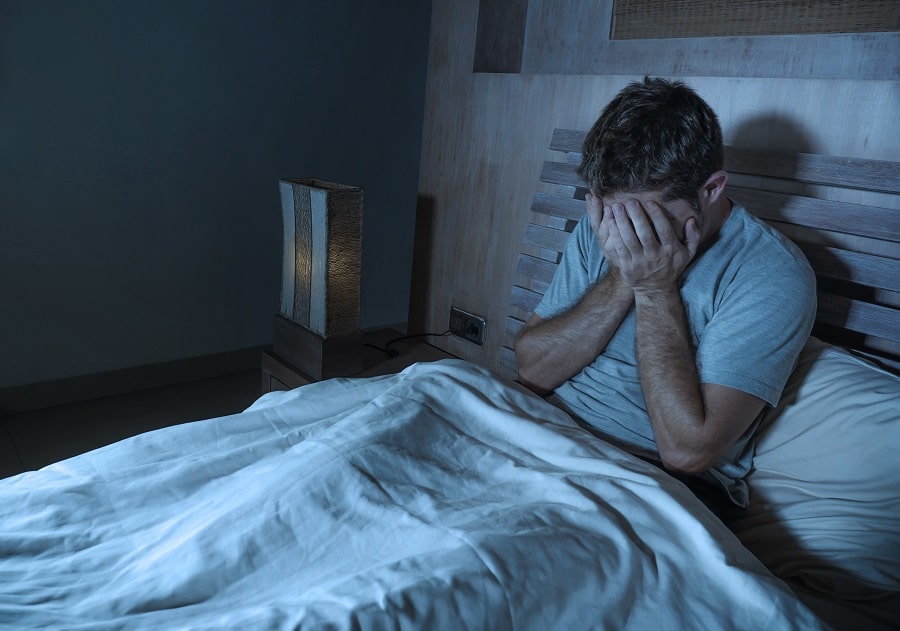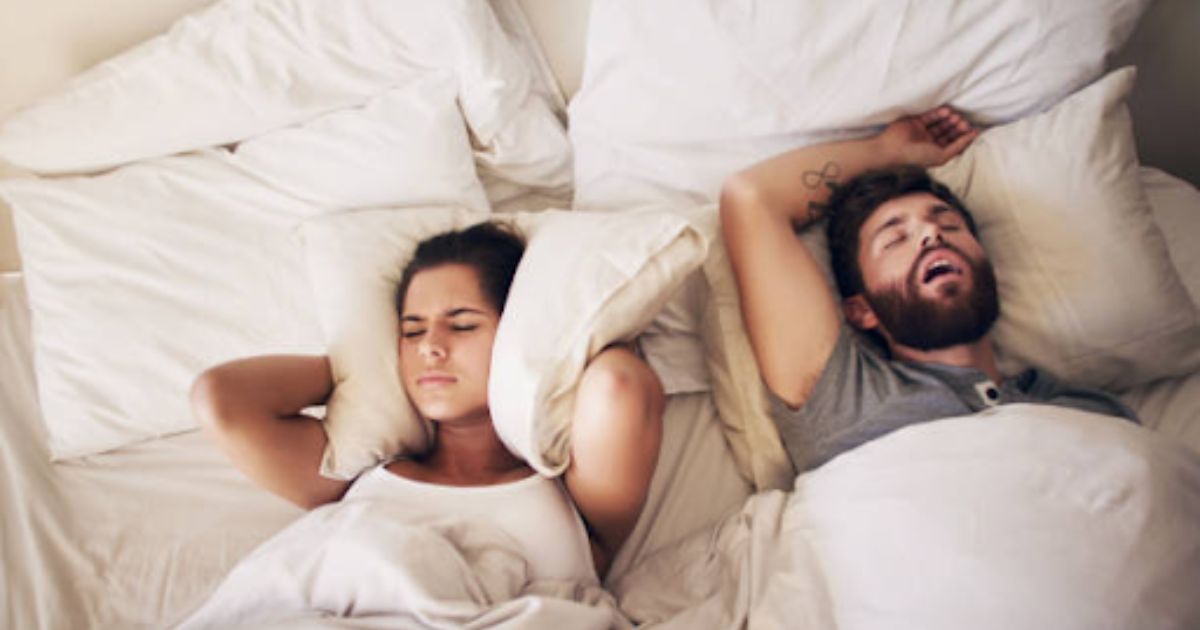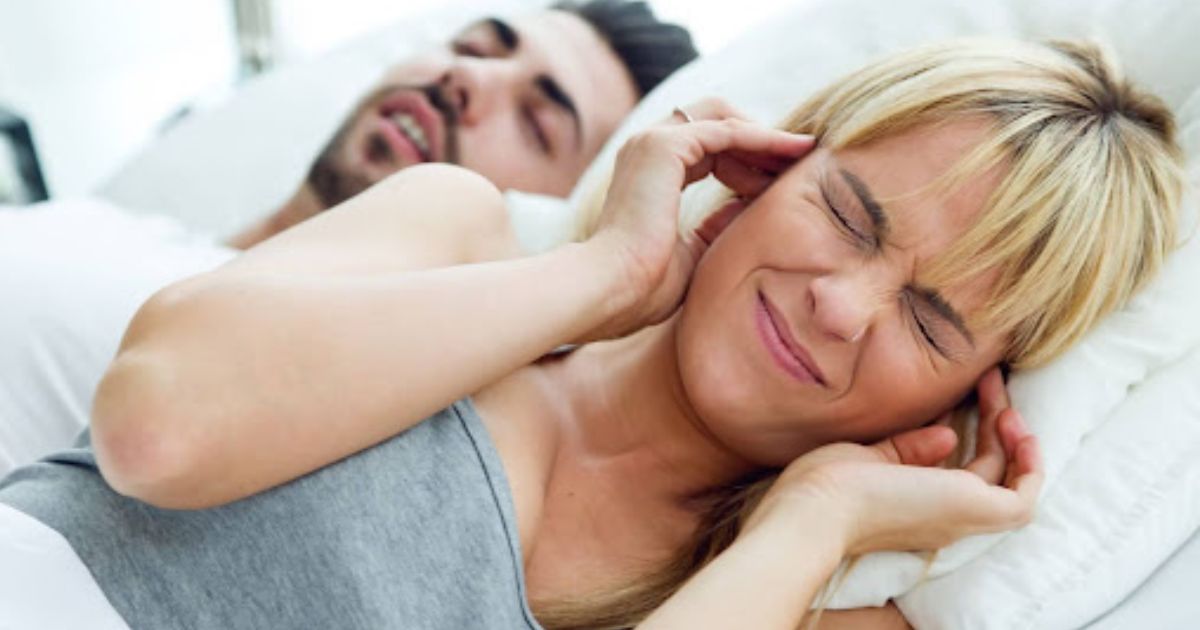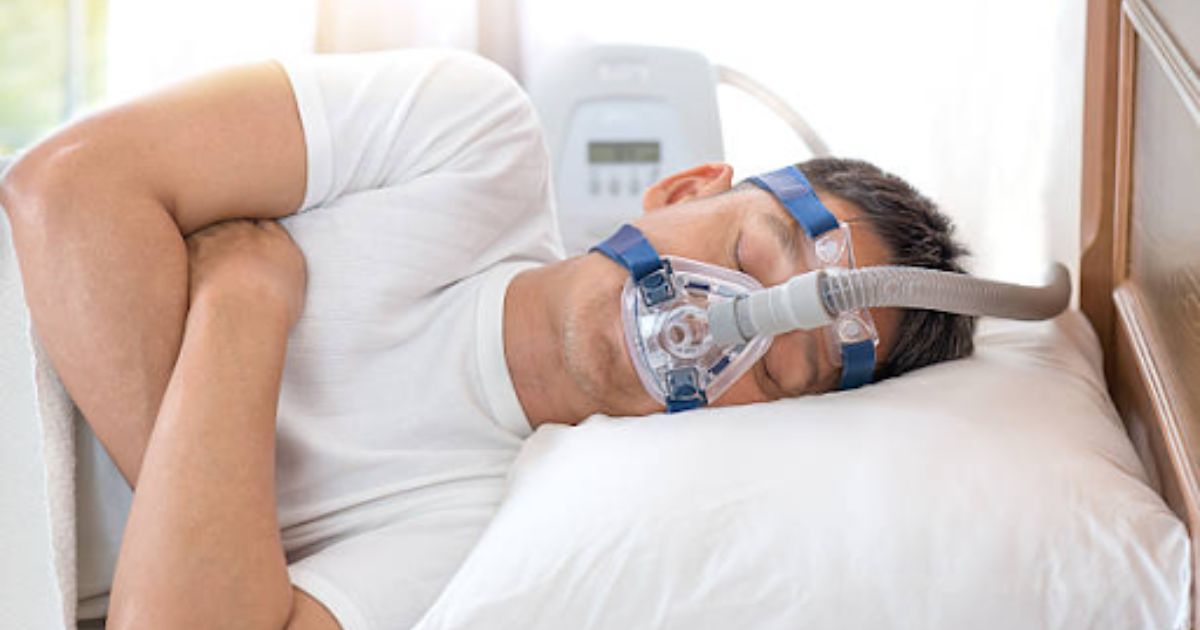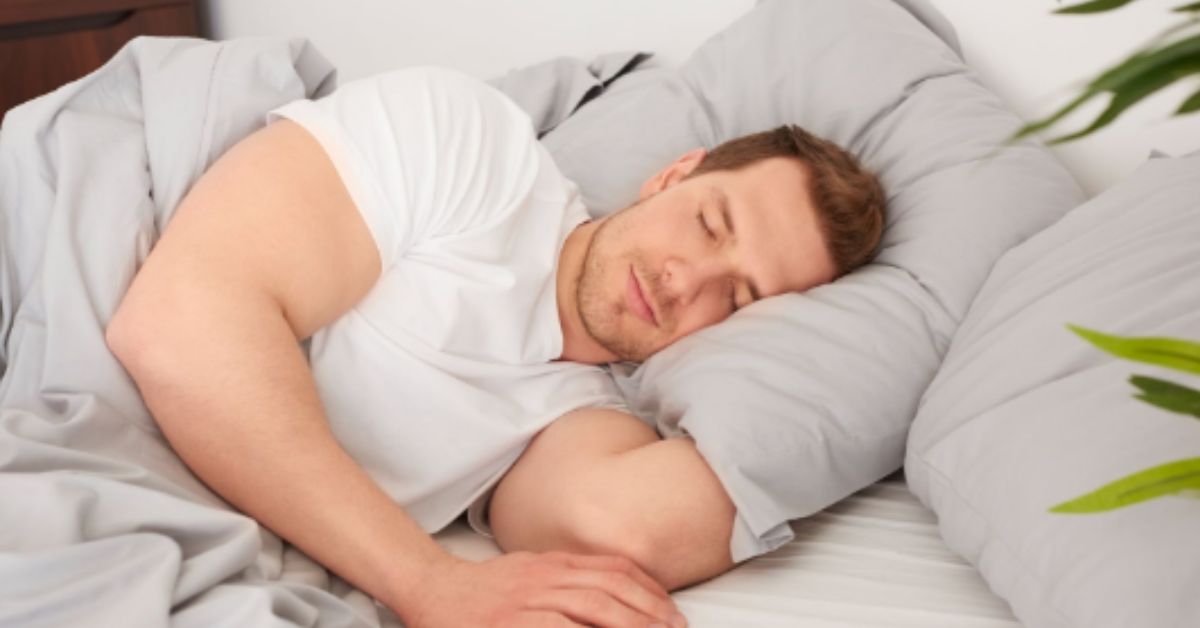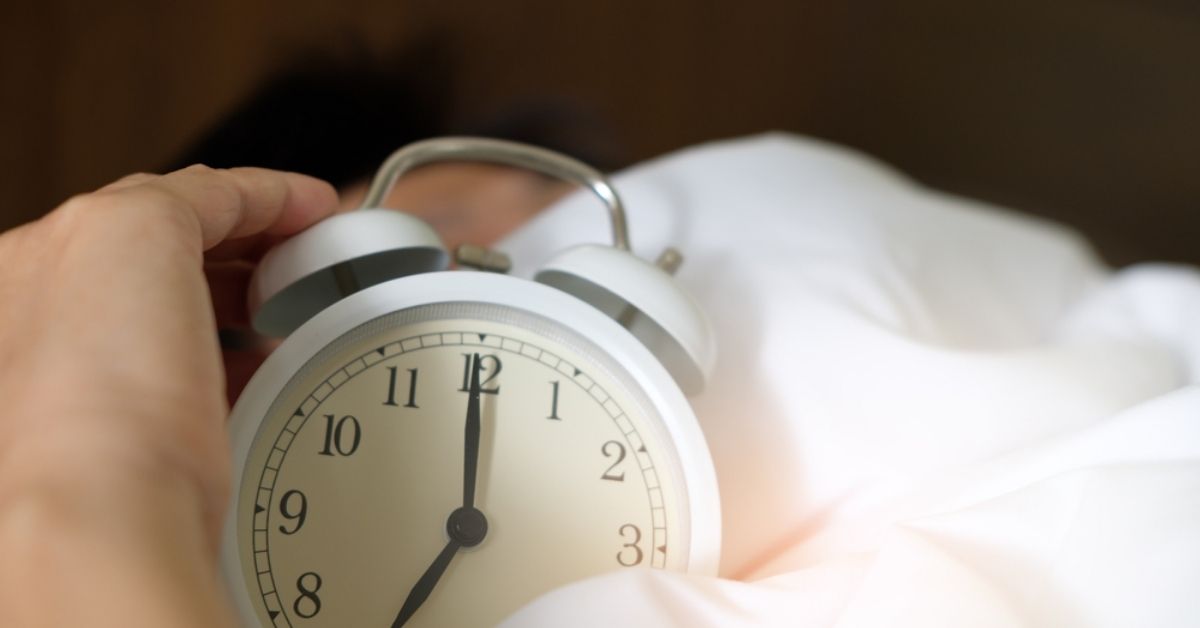Recent research by the CDC suggests a link between sleep apnea and depression, which means that there could be a growing overlap between the number of American suffering from these disorders. According to Dr. Anne G. Wheaton, lead author of the study, “Snorting, gasping or stopping breathing while asleep was associated with nearly all depression symptoms, including feeling hopeless and feeling like a failure.”
What Is Sleep Apnea?
Obstructive sleep apnea is a sleep disorder that causes you to stop breathing while sleeping. It occurs when the muscles that support the soft palate temporarily relax, causing airways to narrow or become completely closed. This obstruction of the airway means that you are unable to get enough air and the oxygen levels in your blood drop, prompting your body to awaken you from sleep to reopen your airways, causing you to snort, choke or gasp.
Do the Effects of Sleep Apnea and Depression Overlap?
While certain symptoms are unique to sleep apnea, snorting, choking, or gasping, some symptoms of depression overlap with symptoms of sleep apnea. This means that in addition to understanding some of the potential indicators of depression, it’s important to talk to your doctor for them to carefully evaluate whether you may also be experiencing sleep apnea symptoms as well. Below are some sleep apnea side effects that are also common symptoms of depression:
- Trouble Concentrating: Difficulty concentrating is one of the common effects of sleep apnea that is also a symptom of depression.
- Irritability and Other Attitude Changes: Both sufferers of depression and sleep apnea frequently experience feelings of irritability as well as feelings of sadness, emptiness, and hopelessness.
- Sleep Disturbances and/or Insomnia: Current research suggests that multiple pauses in breathing cause the body to create a stress response. The result is that sleep apnea sufferers will often tend to experience feelings of having their “mind race,” and have difficulty sleeping as a result of thinking over stressful events. In addition to being one of the effects of sleep apnea, sufferers of depression also experience insomnia and similar feelings of restlessness.
- Fatigue and Tiredness During the Daytime: Experiencing daytime sleepiness (hypersomnia) that goes beyond normal grogginess is one of the common effects of sleep apnea and depression. This may augment the inability to concentrate on tasks during the day, as well as feelings of irritability or mood swings.
Jacksonville Sleep Center
Growing research suggests that treating sleep apnea may be the first step in successfully treating depression. Because symptoms overlap, it’s important to address a sleep apnea sleep disorder with your physician, as diagnosis and successful treatment can improve your quality of life and provide relief from disruptive symptoms. If you suspect you may have sleep apnea or are experiencing depression in addition to other effects of sleep apnea, our physicians and team of specialists would love to see how we can help. Contact us today to learn more and set up an appointment!

